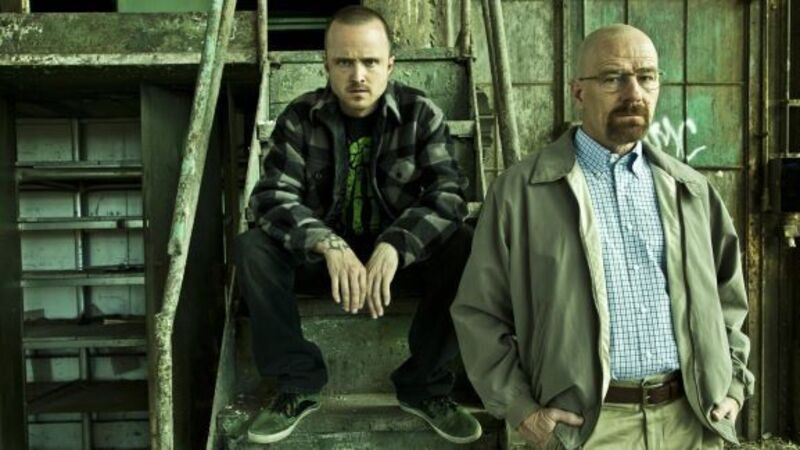Breaking past the era of Peak TV

We are living in a ‘Golden Age’ of television. But now experts are warning we may have reached peak TV. There are, says Ed Power, just too many shows vying for our attention.
There wasn’t much fanfare when Breaking Bad aired for the first time ten years ago. The series is today regarded as one of the greatest small-screen dramas ever — a meditation on the dark underbelly of the American dream that, in teacher-turned-drug kingpin Walter White, gave us an anti-hero for the ages.











